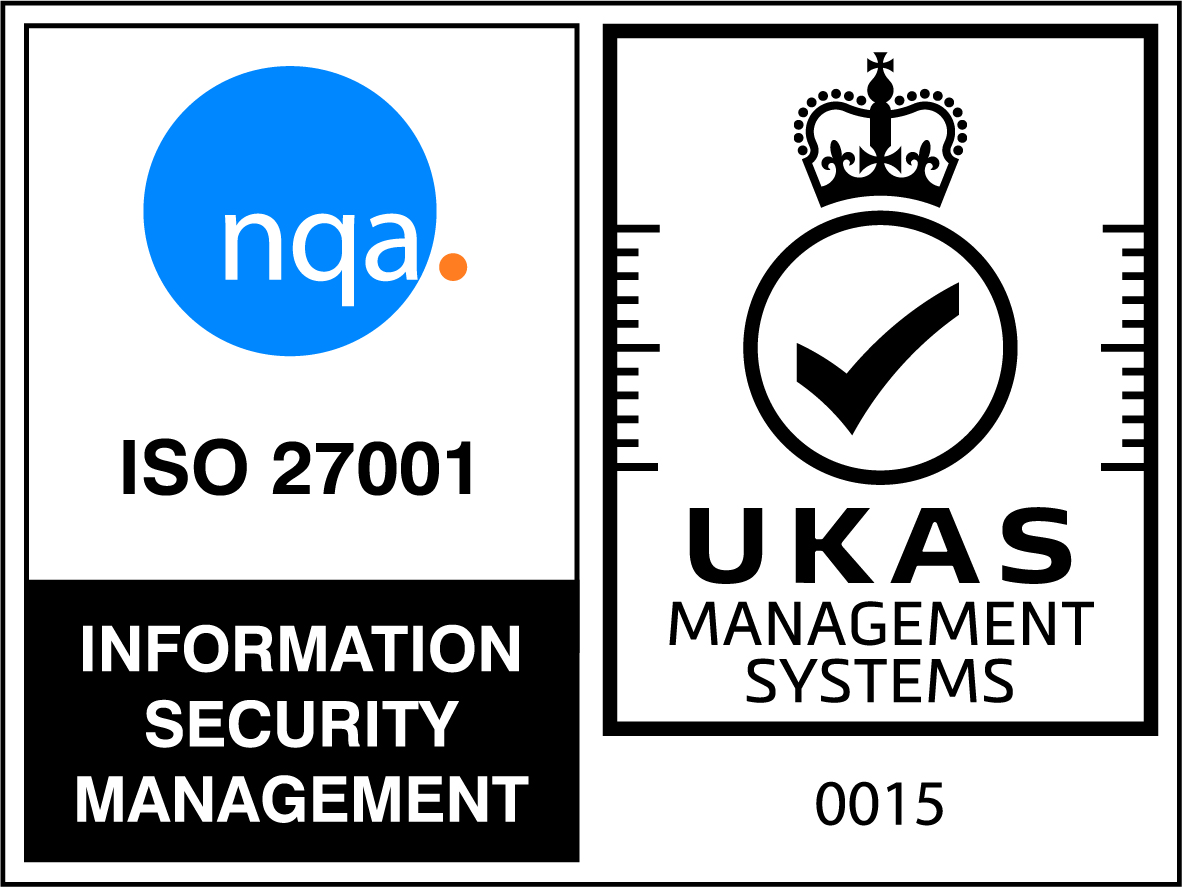
Artificial intelligence (AI) is promising a new era for the insurance industry, fundamentally changing how companies operate and how they engage with their customers.
There are long lists of opportunities presented by AI for the insurers – from efficiency gains in the processing of claims and risk assessments, to the speed and accuracy of response to customer service enquiries.
That's why most CTOs within the insurance industry believe AI will play an important role in their organisations in the next few years. Indeed, it's estimated that AI solutions could be worth $80bn by 2032.
However, the insurance industry can sometimes be accused of an abundance of caution. The advantages of AI are becoming clearer, but uncertainties remain over which solutions offer the greatest potential, how quickly organisations will see a return on their investment, what risks still remain hidden and how solutions will actually be implemented.
But is there a chance that whilst you ponder these questions, your competitors will be grabbing a head start. Do you in fact have everything you need to maximise this opportunity already?
Call the A Team
One of the main barriers to realising the potential of AI is having access to the right skills and expertise. This is still an emerging technology, and finding people who are both proficient and available is a challenge. Whether companies are looking to bring skills in house or hire contractors on a fixed term basis, establishing an appealing working environment - and one where innovation is encouraged - is key to securing the best talent.
Once you’ve sourced the talent, it’s important to keep them engaged – even if they’re not permanent employees within the business. Their skills are highly sought after and they may have the pick of projects to work on. Insurance companies need to be creating a real sense of excitement about what they’re doing.
Manage expectations
Wider stakeholders also need to be kept informed and engaged. Balancing enthusiasm for AI adoption with a pragmatic understanding of its capabilities is essential for them. AI project leaders need to manage expectations, to ensure there is an understanding from the very top of the organisation about the potential and limitations of AI.
Workshops with the board or steering committees can be helpful here, reviewing success stories from across the industry and considering how these could benefit your own organisation. What could be the impact on customer experience or operational efficiency?
Prioritisation is a critical aspect when deciding where to invest in AI. Identifying quick wins can generate momentum or help to win support for broader AI implementation efforts. In the first instance, these are more likely to involve using existing AI tools to remove mundane tasks, save time or increase efficiency, rather than building your own AI products and services. GenAI platforms are already being used widely in the automation of claims processing, software development, fraud detection or in data analysis projects.
Acknowledging the risks
If you are implementing AI tools in your business, it's important that you have the right governance in place around their use. Consider data security, data managements and how to remain compliant with existing regulations. How will you safeguard sensitive data and stay abreast of regulations as they evolve?
The UK is currently regulating AI within its existing regulatory bodies, but organisations operating in the US and EU need to consider the implications of the National AI Strategy and EU AI Act respectively. Guidance on AI implementations from the European Insurance and Occupational Pensions Authority (EIOPA) may also need to be factored in. This covers everything from governance and ethical considerations to testing and cyber security.
EIOPA also encourages insurers to maintain high standards of data quality. This has to be a fundamental consideration, as AI applications will only ever be as good as their underlying data.
Establishing a change advisory board, or equivalent, can help here – supporting AI project teams and advising them from a security and regulatory perspective. Organisations may also choose to limit their risk further by bringing in external expertise to advise and deliver data cleansing solutions – ensuring systems are working off the latest, most accurate data.
While there is a need for caution in embarking on AI implementation projects, insurance companies can’t afford to miss this wave. The early adopters will find it easier to attract the best talent, make the quickest returns on their investment and stay ahead of their competitors for longer.
By choosing the projects that are best for their specific organisations, being realistic about what can be achieved - in what timeframe – keeping their teams motivated and their stakeholders informed, insurance businesses can ride the wave with confidence.
Share this Article
You may also be interested in
View All
View All

William Alexander retains ISO 27001 status

Deepening our relationship with Bramber Bakehouse
